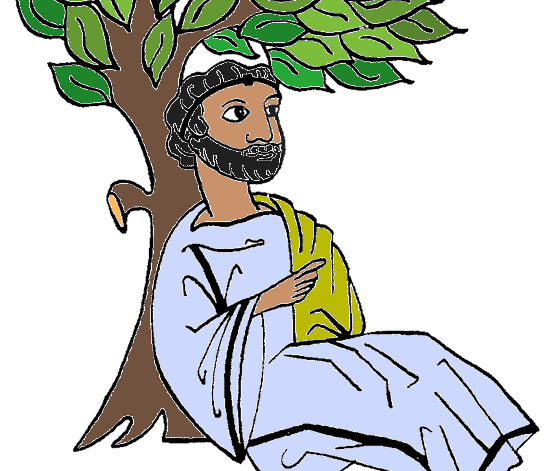How to cite this article: David N. Bivin, “Was Jesus a Rabbi?” Jerusalem Perspective 9 (1988): 1-2 [https://www.jerusalemperspective.com/2182/].
Revised: 15 June 2023
| Rather listen instead? |
| JP members can click the link below for an audio version of this essay.[*] Paid Content If you do not have a paid subscription, please consider registering as a Premium Member starting at $10/month (paid monthly) or only $5/month (paid annually): Register One Time Purchase Rather Than Membership  |
To understand the full significance of Jesus being addressed “teacher,” one must know what a Jewish teacher of the first century was and how he functioned in society.
Origin of “Rabbi”
The term “rabbi” is derived from the Hebrew word רַב (rav), which in biblical Hebrew meant “much,” “many,” “numerous” and “great.” The word also was sometimes used to refer to high government officials or army officers (see, for example, Jer. 39:3, 13).
In Jesus’ day, רַב (rav) was used to refer to the master of a slave or of a disciple. Thus, רַבִּי (ra⋅BĪ) literally meant “my master” (a form of address like “sir” in English), and was a term of respect used by slaves in addressing their owners and by disciples in addressing their teachers.
Paid Content
Premium Members and Friends of JP must be logged in to access this content: Login
If you do not have a paid subscription, please consider registering as a Premium Member starting at $10/month (paid monthly) or only $5/month (paid annually): Register
One Time Purchase Rather Than Membership
Rather than purchasing a membership subscription, you may purchase access to this single page for $1.99 USD. To purchase access we strongly encourage users to first register for a free account with JP (Register), which will make the process of accessing your purchase much simpler. Once you have registered you may login and purchase access to this page at this link:
































































































